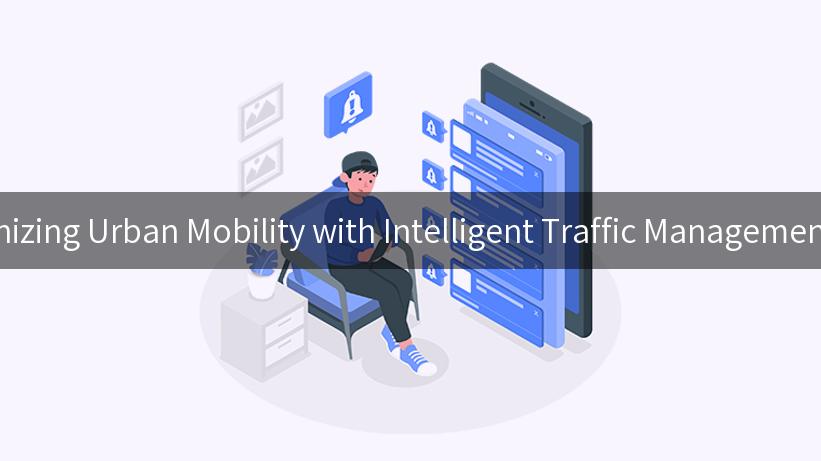
Introduction
In today's fast-paced world, the movement of people and goods is more critical than ever. As urban populations swell, cities face mounting challenges in managing traffic effectively. Intelligent traffic management has emerged as a beacon of hope, leveraging cutting-edge technology to alleviate congestion, reduce travel times, and enhance road safety. This article delves into the essence of intelligent traffic management, the problems it addresses, and the pivotal role of AI technology in revolutionizing how we navigate our streets.
Understanding Intelligent Traffic Management
At its core, intelligent traffic management refers to the application of advanced technologies to optimize traffic flow and improve transportation systems. This encompasses a variety of tools and strategies, including traffic signal control, real-time monitoring, and data analysis. By harnessing data from vehicles, sensors, and cameras, cities can create a responsive traffic environment that adapts to real-time conditions. Imagine a city where traffic signals adjust based on the number of vehicles approaching an intersection, minimizing delays and frustration for drivers. This is not just a dream; it is becoming a reality through intelligent traffic management systems.
The Importance of Intelligent Traffic Management
The significance of intelligent traffic management cannot be overstated. With urban traffic congestion costing billions in lost productivity and increased pollution, the need for effective solutions is urgent. Intelligent traffic management systems can lead to smoother traffic flows, reduced emissions, and improved safety for all road users. By employing AI algorithms, cities can predict traffic patterns and proactively manage congestion, ensuring that roads remain efficient and accessible. Moreover, these systems can provide real-time information to drivers, empowering them to make informed decisions about their routes and travel times.
AI Technology in Traffic Management
Artificial intelligence is the backbone of modern intelligent traffic management systems. AI can analyze vast amounts of data from various sources, such as GPS, traffic cameras, and social media, to identify trends and predict future traffic conditions. For instance, machine learning algorithms can process historical traffic data to forecast peak congestion times, allowing city planners to implement measures in advance. Additionally, AI can facilitate communication between vehicles and traffic infrastructure, paving the way for smart traffic signals that can dynamically adjust based on real-time traffic conditions. This interconnectedness not only streamlines traffic but also enhances the overall safety of the transportation network.
Conclusion
In conclusion, intelligent traffic management represents a significant leap forward in how we approach urban mobility. By integrating AI technology, cities can tackle the pressing issues of congestion, safety, and environmental impact. As we continue to innovate and adapt, the future of traffic management looks promising, offering a more efficient and sustainable way to navigate our increasingly crowded streets.
FAQs
1. What is intelligent traffic management?
Intelligent traffic management involves the use of advanced technologies to optimize traffic flow and improve transportation systems.
2. How does AI improve traffic management?
AI enhances traffic management by analyzing large datasets to predict traffic patterns and facilitating real-time communication between vehicles and infrastructure.
3. What are the benefits of intelligent traffic management?
Benefits include reduced congestion, improved travel times, lower emissions, and enhanced safety for road users.
4. Can intelligent traffic management systems be implemented in any city?
Yes, intelligent traffic management systems can be tailored to suit the specific needs and infrastructure of any city.
5. What role does data play in traffic management?
Data is crucial for understanding traffic patterns, predicting congestion, and making informed decisions about traffic control measures.
Article Editor: Xiao Yi, from Jiasou AIGC